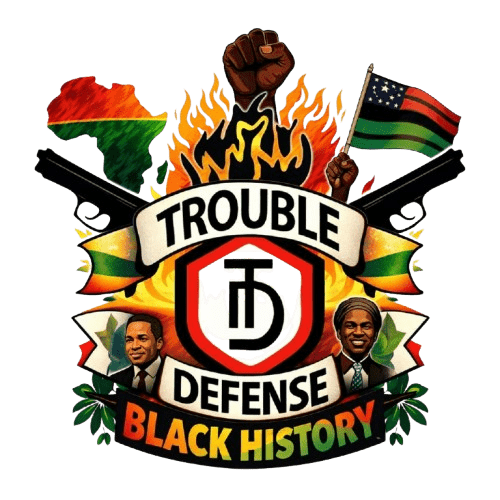
Open Carry vs. Concealed Carry: What’s the Difference and Which Should You Choose in the D.C. Metro Area?
When it comes to carrying a firearm for personal protection, two common methods are open carry and concealed carry. While both involve legally possessing a firearm, the way they’re carried — and the laws around them — vary greatly, especially in the D.C. Metro area, which includes Virginia, Maryland, and Washington, D.C.
Understanding the differences is crucial not just for staying legal, but for making an informed decision about how to protect yourself and your family.
What Is Open Carry?
Open carry is the practice of carrying a firearm in plain view — such as on your hip or shoulder — where others can see it. There’s no attempt to hide the weapon.
Open Carry Laws in the D.C. Metro:
• Virginia: Open carry is legal without a permit for most firearms. However, local restrictions may apply, especially in areas like Northern Virginia.
• Maryland: Open carry is generally prohibited without a permit, and even with one, it’s rarely encouraged by law enforcement.
• Washington, D.C.: Open carry is not allowed under any circumstance.
What Is Concealed Carry?
Concealed carry is the practice of carrying a firearm in a hidden manner, such as in a holster under your clothing, in a bag, or in a vehicle compartment. A permit or license is typically required.
Concealed Carry Laws in the D.C. Metro:
• Virginia: Concealed carry is legal with a Virginia Concealed Handgun Permit (CHP).
• Maryland: Requires a Wear and Carry Permit with strict training and good cause requirements.
• Washington, D.C.: Allows concealed carry with a D.C. Concealed Carry License, which also requires training and a background check.
Why Choose Open Carry?
Pros:
• Can serve as a visible deterrent.
• Easier access to your firearm in an emergency.
Cons:
• May make others uncomfortable or lead to unnecessary police interactions.
• Can make you a target in a dangerous situation.
• Limited legality in Maryland and D.C.
Best for: Rural areas or states with strong open carry support, such as parts of Virginia.
Why Choose Concealed Carry?
Pros:
• Discreet, doesn’t alarm the public.
• Maintains the element of surprise in a defensive situation.
• Legal in more jurisdictions when permitted.
Cons:
• Requires more training and a license.
• Slightly slower access depending on holster placement.
Best for: Urban and suburban areas like Fairfax, Alexandria, Arlington, and most of the D.C. Metro where discretion and legality are key.
Which Should You Choose?
If you live in or travel throughout Fairfax, VA, Maryland, or Washington, D.C., concealed carry is by far the safer and more legally accepted option. Open carry can create unnecessary attention or even legal trouble — especially across state lines where laws change rapidly.
At Trouble Defense LLC, we help residents from Virginia, Maryland, and D.C. get trained, certified, and confident in concealed carry practices. Whether you’re new to firearms or looking to renew your permit, our expert instructors can guide you every step of the way.
Ready to Get Trained?
Enroll in our concealed carry classes in Fairfax, VA today and take the first step toward protecting yourself the right way.
When considering the nuances of open carry versus concealed carry in the D.C. Metro area, it’s essential to be well-informed and properly trained to navigate the complex legal landscape. This is where Trouble Defense LLC stands out as a premier firearm training and self-defense education company. Based in the D.C. Metro area, Trouble Defense offers a comprehensive range of services tailored to both novices and experienced firearm owners.
Services Offered by Trouble Defense LLC:
• Concealed Carry Permit Courses: Specializing in training for Virginia, Maryland, and Washington, D.C., Trouble Defense ensures participants meet all legal requirements and are well-prepared to carry concealed firearms responsibly.
• Youth Firearm Education: Recognizing the importance of early education, they provide programs designed to teach younger individuals about firearm safety and responsibility.
• Active Shooter Training: Preparing individuals and organizations to respond effectively in high-stress situations, enhancing personal and community safety.
• Women’s Firearm Training: Tailored courses that address the unique needs and concerns of women, fostering confidence and competence in firearm handling.
